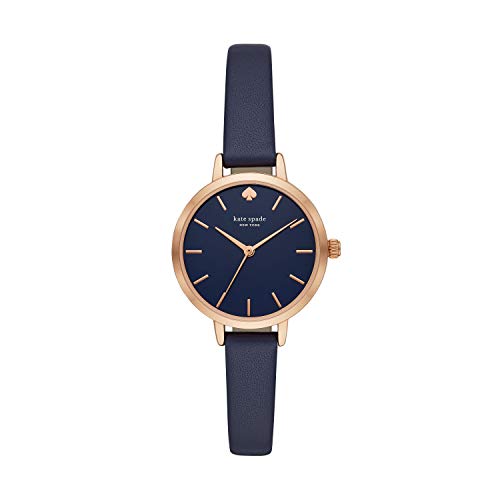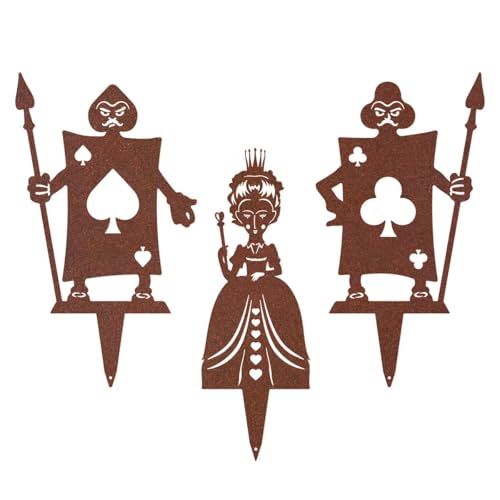
Kate Spade and Coach are two well-known fashion brands that have gained popularity for their stylish designs and high-quality products. Many people wonder who owns these iconic brands and the story behind their success.
Kate Spade, known for its chic handbags and accessories, was founded in 1993 by Kate Brosnahan Spade, Andy Spade, and Pamela Bell. The brand quickly gained a reputation for its unique and playful designs, attracting a loyal customer base. In 2017, Tapestry, Inc., a luxury fashion holding company, acquired the Kate Spade brand.
Coach, on the other hand, has a longer history, dating back to its establishment in 1941. The brand was initially known for its leather goods and accessories, and it became a symbol of American style and craftsmanship. Coach’s ownership has seen some changes over the years, with the brand operating as an independent company, owned by Sara Lee Corporation, and then as a subsidiary of Tapestry, Inc. Today, Coach is one of Tapestry, Inc.’s flagship brands.
Tapestry, Inc. is a global luxury fashion company that also owns other renowned brands like Stuart Weitzman and Isabel Marant. With its diverse portfolio of brands, Tapestry, Inc. continues to innovate and create fashion-forward designs that appeal to a wide range of consumers.
Kate Spade: Ownership and Background
Kate Spade is an American fashion design house founded by Katherine Noel Brosnahan in 1993. The brand specializes in handbags, clothing, accessories, and home goods. Known for its vibrant and playful designs, Kate Spade has gained a reputation as one of the leading fashion and lifestyle brands.
In May 2017, Kate Spade was acquired by Tapestry, Inc., formerly known as Coach, Inc. Tapestry is an American multinational luxury fashion company that also owns the Coach and Stuart Weitzman brands. The acquisition of Kate Spade added a new dimension to Tapestry’s portfolio and expanded its reach in the affordable luxury segment.
Under Tapestry’s ownership, Kate Spade continued to thrive and grow its business worldwide. The brand maintains its distinct identity and aesthetic while benefiting from Tapestry’s resources and expertise in the fashion industry.
Today, Kate Spade remains a beloved and influential brand, known for its timeless yet modern designs. Its products can be found in flagship stores, department stores, and online retailers around the world.
Coach: Ownership and Background
Coach is a popular American luxury fashion brand that specializes in handbags, accessories, and leather goods. The brand was founded in 1941 in New York City by six artisans who had a passion for creating quality leather goods.
Ownership:
Coach was originally an independently owned company until it was acquired by the Sara Lee Corporation in 1985. However, in 2000, Coach became an independent publicly traded company on the New York Stock Exchange.
Over the years, Coach has experienced various ownership changes. In 2017, the company changed its name from Coach to Tapestry Inc. to reflect its intention of becoming a multinational luxury fashion holding company. Tapestry Inc. is the parent company that owns other well-known brands, including Kate Spade and Stuart Weitzman.
Background:
Coach has a rich history and has become synonymous with classic American style and craftsmanship. The brand is known for its signature “C” logo and distinctive designs that blend form and function.
Coach has expanded its product offerings beyond handbags to include wallets, apparel, footwear, and jewelry. The brand has also collaborated with renowned designers and artists to create limited edition collections, further enhancing its exclusivity and desirability.
Coach’s commitment to quality and attention to detail has made it a leading luxury fashion brand globally. With its strong brand identity and timeless designs, Coach continues to be a beloved and sought-after brand by fashion enthusiasts worldwide.
Key Information about Kate Spade’s Ownership
Kate Spade is owned by Tapestry Inc., a multinational luxury fashion holding company based in the United States. Tapestry Inc. was previously known as Coach Inc. before undergoing a name change in 2017.
Tapestry Inc. owns several other renowned fashion brands, including Coach, Stuart Weitzman, and Kate Spade. Each brand operates independently, with its own unique design and marketing strategies.
Kate Spade was initially established by Kate and Andy Spade in 1993, and it quickly gained popularity for its stylish and modern handbags. The brand expanded its product line to include clothing, shoes, accessories, and home goods.
In 2006, Kate Spade was acquired by Liz Claiborne Inc., which later changed its name to Fifth & Pacific Companies Inc. In 2017, Fifth & Pacific Companies Inc. changed its name once again to Tapestry Inc. to better reflect its diverse portfolio of luxury brands.
Today, Kate Spade continues to be a leading fashion brand, known for its clean lines, vibrant colors, and playful designs. Its products are sold globally in standalone retail stores, online, and through various department stores and specialty retailers.
Under the ownership of Tapestry Inc., Kate Spade remains committed to delivering high-quality and fashionable products to its customers, while staying true to its core values of optimism, creativity, and inclusivity.
Key Information about Coach’s Ownership
Coach is a renowned American luxury fashion brand that specializes in accessories and lifestyle collections. As of now, Coach is owned by Tapestry, Inc., a leading New York-based house of modern luxury lifestyle brands.
Tapestry, Inc. acquired Coach in 2017, which marked a significant development in the fashion industry. With this acquisition, Coach became a part of Tapestry’s portfolio, joining other iconic brands like Kate Spade and Stuart Weitzman.
Under the ownership of Tapestry, Inc., Coach has continued to thrive and evolve. The brand maintains its commitment to craftsmanship, innovation, and timeless design, while also embracing the changing demands and preferences of its global customer base.
Coach’s ownership by Tapestry, Inc. has allowed for synergies and collaboration among the various brands in the portfolio. This has resulted in exciting collaborations, unique product offerings, and strategic partnerships that have further strengthened Coach’s position in the luxury fashion market.
With Tapestry’s global reach and expertise, Coach has been able to expand its presence and cater to a diverse range of customers worldwide. As a result, Coach has become synonymous with luxury and style, appealing to fashion enthusiasts and trendsetters alike.
In conclusion, Coach is now owned by Tapestry, Inc., a prominent luxury lifestyle brand conglomerate. This ownership has propelled Coach to new heights, allowing it to continuously innovate and maintain its position as a leader in the fashion industry.
Comparison of the Ownership Structures of Kate Spade and Coach
Kate Spade and Coach are both well-known fashion brands with their own unique ownership structures. Understanding the differences in ownership can provide insights into how these companies operate and make strategic decisions.
Kate Spade:
Kate Spade is owned by Tapestry, Inc., a multinational luxury fashion holding company based in the United States. Tapestry, Inc. was previously known as Coach, Inc. until it underwent a rebranding and changed its name in 2017.
Tapestry, Inc. owns and operates several luxury fashion brands, including Kate Spade, Coach, and Stuart Weitzman. This ownership structure allows for synergies and collaboration between the brands.
Kate Spade operates as a subsidiary of Tapestry, Inc., with its own creative team and brand identity. However, it benefits from the resources and expertise of its parent company, such as access to a wider distribution network and shared back-end operations.
Coach:
Coach, on the other hand, is a subsidiary of Tapestry, Inc. and was one of the founding brands under the company’s previous name. Coach specializes in luxury leather goods, including handbags, accessories, and apparel.
As part of Tapestry, Inc., Coach benefits from the financial stability and global reach of its parent company. This ownership structure allows for investment in product development, marketing, and retail expansion.
While both Kate Spade and Coach share the same parent company, they have distinct brand identities and target different segments of the fashion market. Kate Spade focuses on vibrant and playful designs, appealing to a younger demographic, while Coach offers a more classic and sophisticated aesthetic.
In summary, Kate Spade and Coach have different ownership structures but are both under the umbrella of Tapestry, Inc. This allows for collaboration and support between the brands while maintaining their individual identities and target markets.






